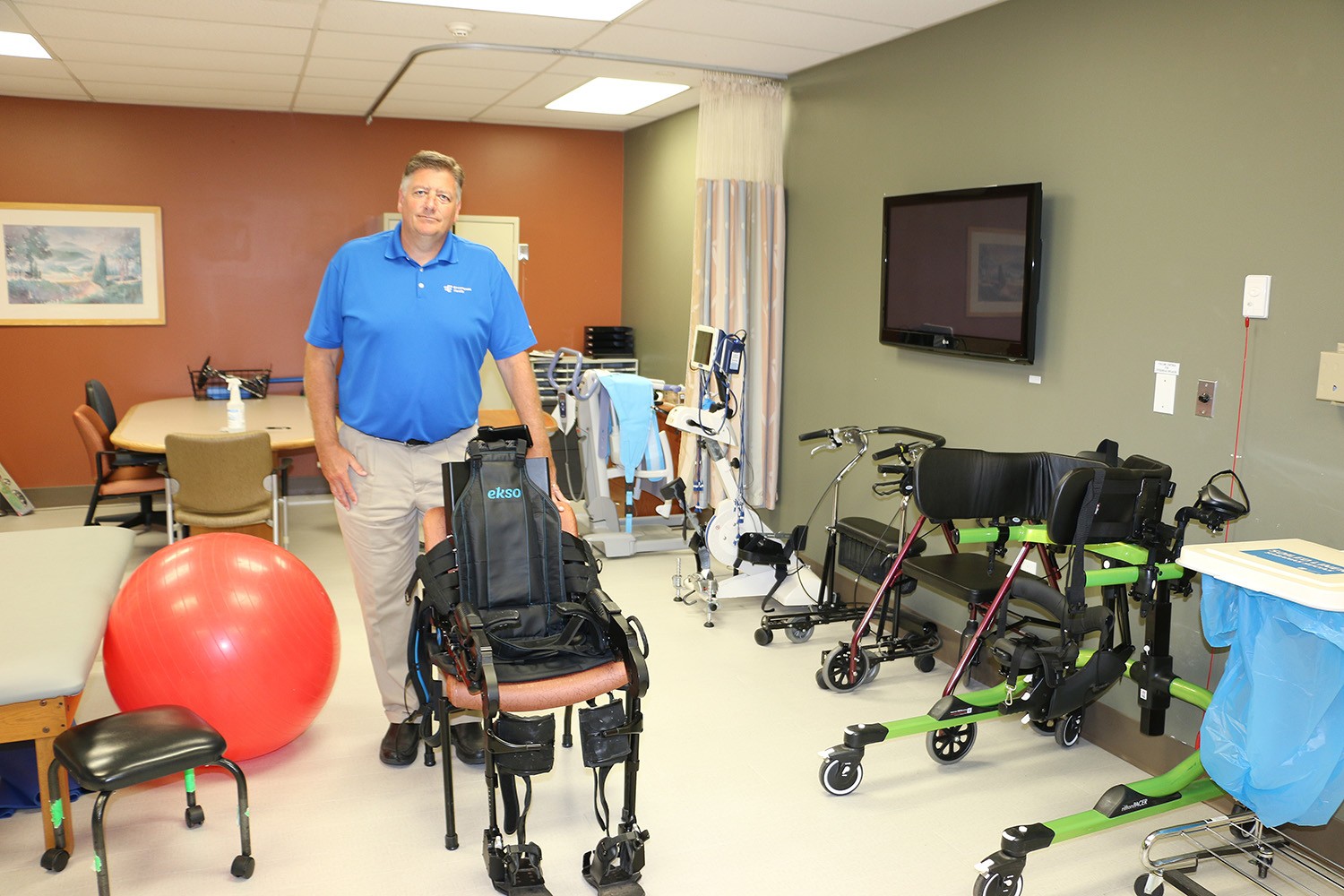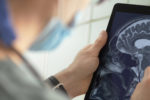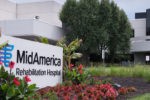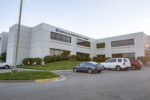National Rehabilitation Awareness Month
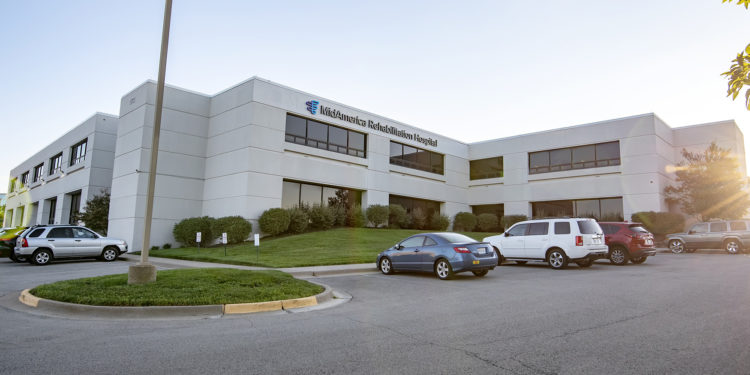
During the month of September, it’s time to honor the rehabilitation specialists who truly make a positive impact on the lives of others.
Story by Ann Butenas
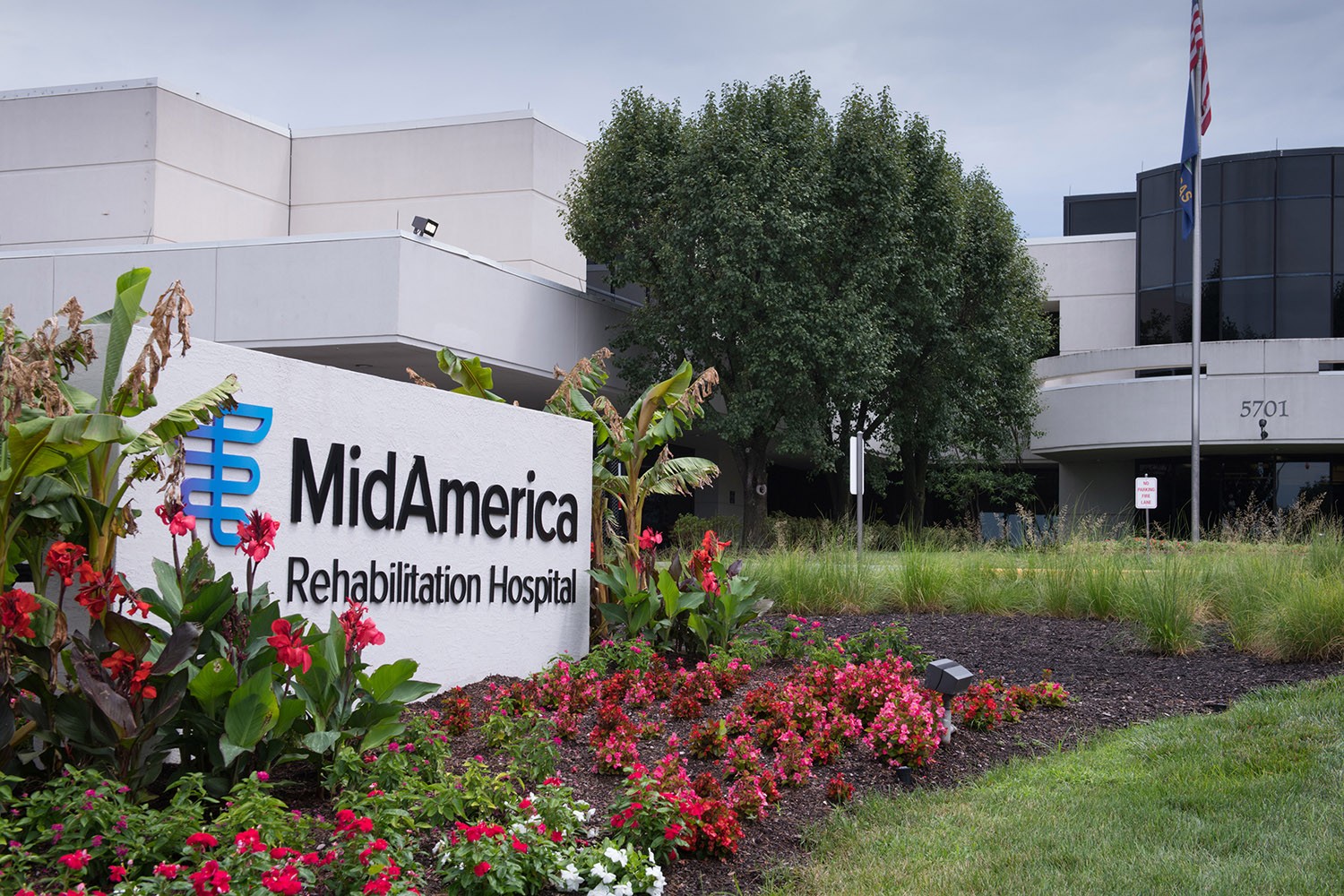
What is rehabilitation? In a nutshell, it is care that allows you to get back, keep, or improve function and abilities you need to go about your everyday life. This can include mental, physical, and/or cognitive abilities. Individuals may lose these abilities for any number of reasons, such as illness, injury, or even a side effect from a medical treatment. Rehabilitation is typically recommended to help the patient improve functioning in daily life.
A bit of trivia on the different kinds of rehabilitation therapy
- Occupational therapy was recognized as a profession by the medical community in 1921, and it originated from basket weaving.
- Physical therapy began during World War I as a means to take care of soldiers who were injured. Those first therapists were called reconstruction aides.
- The techniques of occupational therapy date clear back to 100 BC. During that time, a Greek physician by the name of Asclepiades used occupational therapy approaches to treat mental illness.
- During World War II, many soldiers sustained brain injuries which led to aphasia. This inspired the need for speech therapy and rehabilitation services.
- By 1975, many public schools around the country hired occupational therapists to help disabled students.
- The first National Rehabilitation Awareness Week was recognized in 1976.
Honoring the professionals who help patients reach their goals
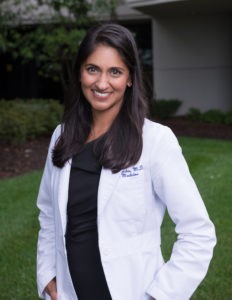
Dr. Sushma Lueder
Director of the Brain Injury Rehabilitation Program
During the month of September, it is time to celebrate the rehabilitation professionals who work tirelessly to make a difference in the lives of their patients. Those who work within a rehabilitative setting are some of the most highly sensitive and caring individuals who have a heart of compassion for helping others. Therefore, the month of September is designated to honor, celebrate, and thank these amazing clinicians for all the work they do and for the understanding, patience, and compassion they provide each patient with whom they work.
Fortunately, we have a phenomenal rehabilitation hospital right here in the metro area: MidAmerica Rehabilitation Hospital (MARH). At MidAmerica Rehabilitation Hospital (MARH with Encompass Health) in Overland Park, Kansas, patients enjoy unwavering commitment from practitioners whose main goal is to help those patients regain independence after a life-changing illness or injury. Through their clinical collaboration and advanced technologies, this team of steadfast individuals operates through an interdisciplinary approach that includes multiple platforms of care along with the latest in technologies and expertise to help patients achieve their goals.
For complete customized rehabilitative care, MARH is the preferred destination. Navigating this journey can be challenging. Fortunately, the doctors, nurses, therapists, and all other clinicians who practice here make that experience less stressful with personalized therapy approaches, a treatment plan tailored to each individual’s health care needs, and a highly personalized touch.
At MARH, patients have access to acute in-house services through a multi-disciplinary approach. This includes physical therapy, occupational therapy, speech therapy, case management, and assignment to a rehabilitation doctor.
“All of these disciplines provide a great start to recovery, and while not everyone will recover fully, they can gain their independence in a different way,” said Dr. Sushma Lueder. Director of the Brain Injury Rehabilitation Program at MARH.
The Goal of Rehabilitation
As a whole, rehabilitation of all types helps to lengthen one’s life and improve the quality of that life. This is usually given through individualized treatment approaches that allows each patient to go at his or her own pace. The idea is to restore the highest level of function so they can overcome challenges and deal with the activities of daily life.
The specialists at MidAmerica Rehabilitation Hospital are experienced, dedicated, supportive, and passionate as they develop relationships with their patients to reach their goals. There is a high level of teamwork evident at MARH that is supported by a positive environment and programs that enhance the progress of each patient.
Types of Rehabilitation
Depending upon the needs of the patient, rehabilitation may occur in a hospital, in a doctor’s office, at an in-patient rehabilitation center, or even at home.
Among the specialized programs available at MARH are:
- Stroke rehabilitation
- Spinal cord injury rehabilitation
- Orthopedic rehabilitation
- Neurological rehabilitation
MARH employs physical therapists, occupational therapists, rehabilitation physicians, speech-language pathologist, case managers, pharmacists, and dietitians, all working together to create a customized plan of care that targets the individual needs and goals of each patient.
State-of-the-Art Technology
As Directory of Therapy Operations, Paul Matlack, an occupational therapist, feels a great sense of pride when it comes to being a part of the MARH family.
“At MARH, we value new ideas and evidence-based practices,” he reflected. “Encompass Health, our parent company, invests in us so we can do the work we love. This includes supporting us at all levels of providing care, whether it’s hands-on, through various tools, and/or with technology to allow us to further advance our own skills. You don’t get that in every rehabilitation hospital.”
As a 98-bed facility, MARH is the largest rehabilitation hospital in the metro area. With such strong roots, as well, the company realized a strong need for technology within a rehabilitative setting to further enhance the patients’ experience and recovery.
“We are blessed to have access to high-tech robotics and computerized electrical equipment to use with our patients,” emphasized Matlack.
Some of the available technologies at MARH are the autoambulator, the BIONESS H200 and L300, and VitalStim Therapy. The autoambulator is a high-tech treadmill device that combines body weight-supported ambulation with robotics to assist patients with gait issues. The BIONESS H200 and L300 are non-invasive electrical stimulation devices that reeducate muscles and reduce spasticity in limbs. The VitalStim Therapy assists patients with the functions that allow for swallowing.
Keeping a Finger on the Pulse of Patient Care
Patient care can be defined as more than just the clinical approaches taken. It can also be found in the hearts and minds of those who have chosen to dedicate their lives to support those individuals who have recently transitioned from an acute care hospital, another rehabilitation facility, or who are struggling to remain independent at home. As such, National Rehabilitation Awareness Month is the perfect opportunity to give all of these dedicated specialists a celebratory round of applause.
